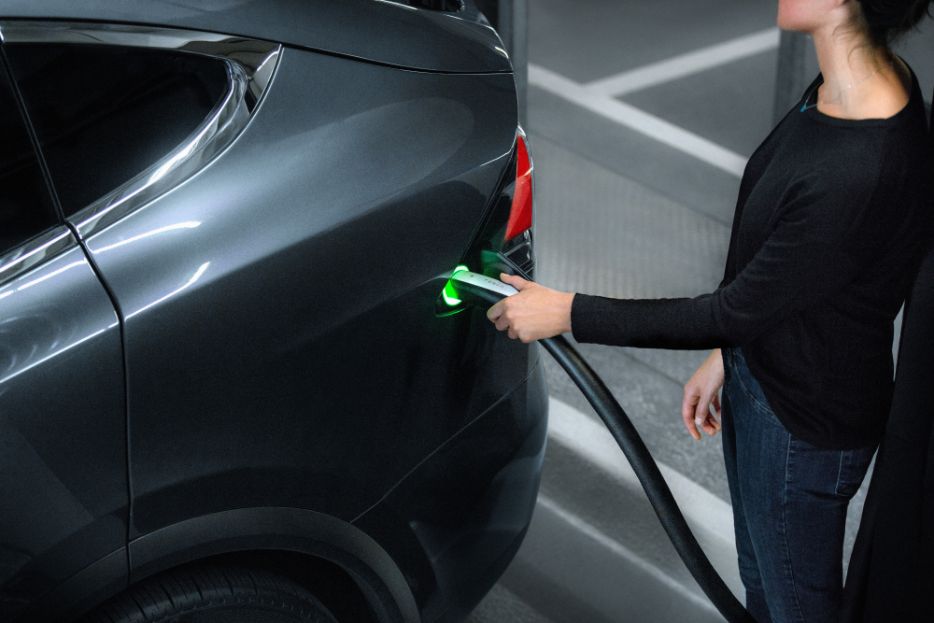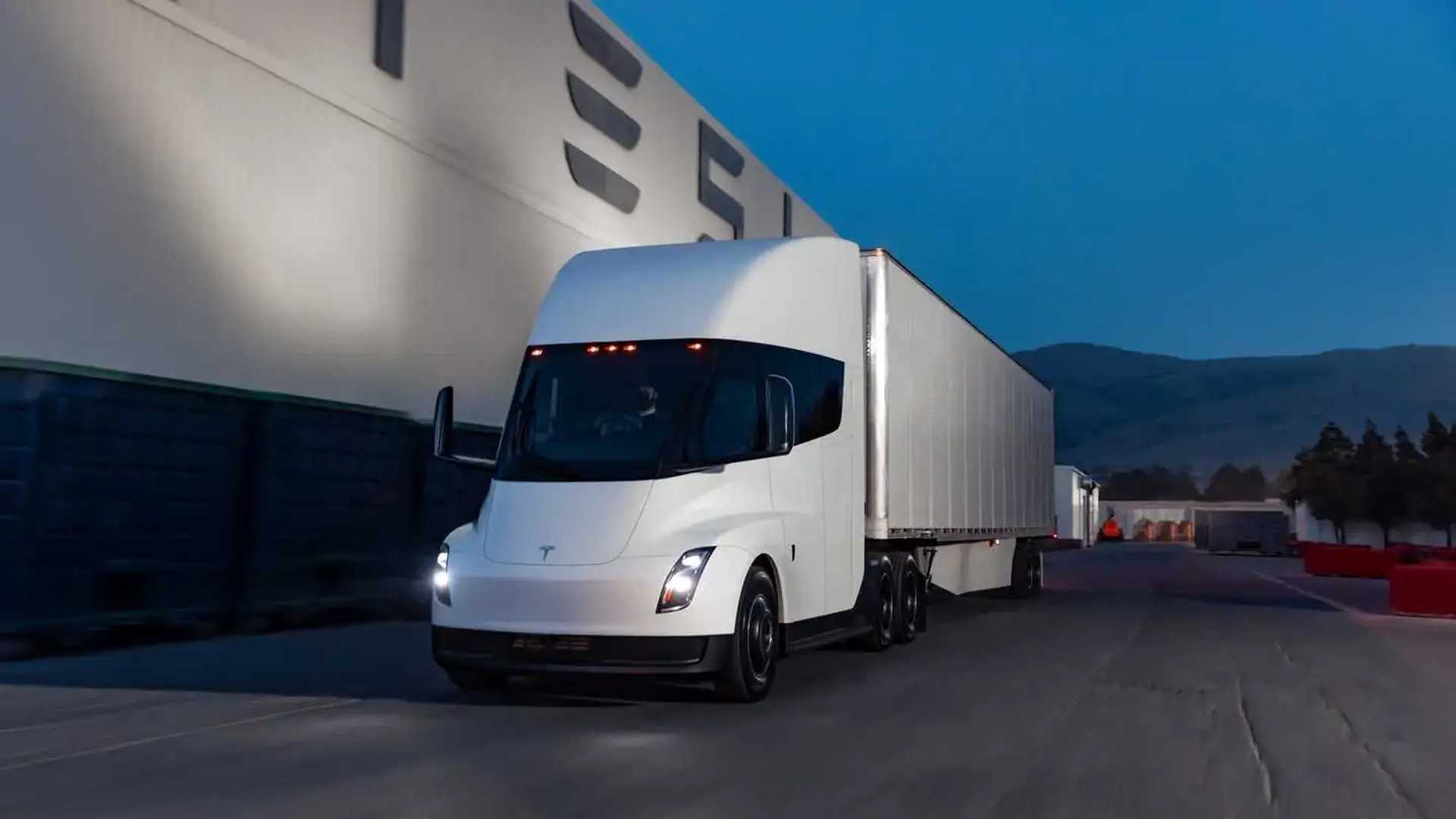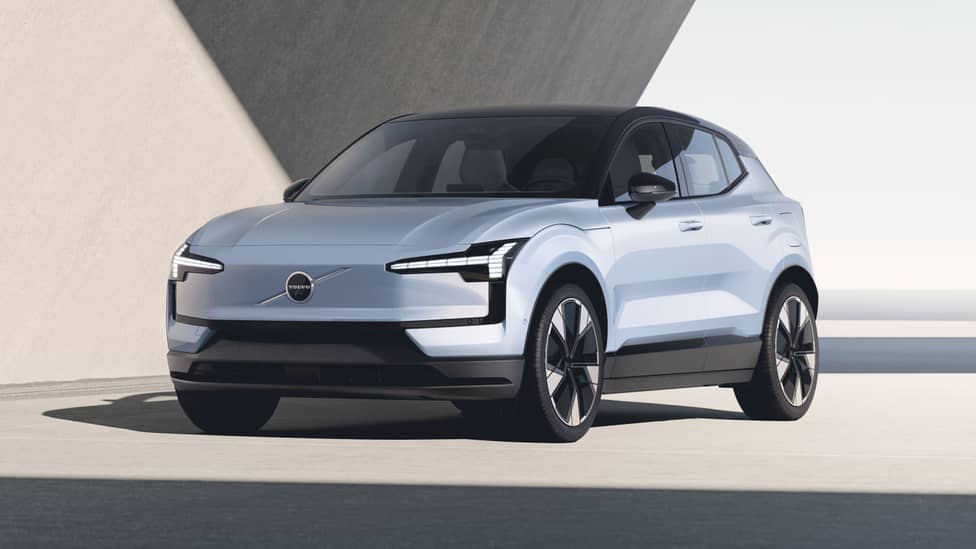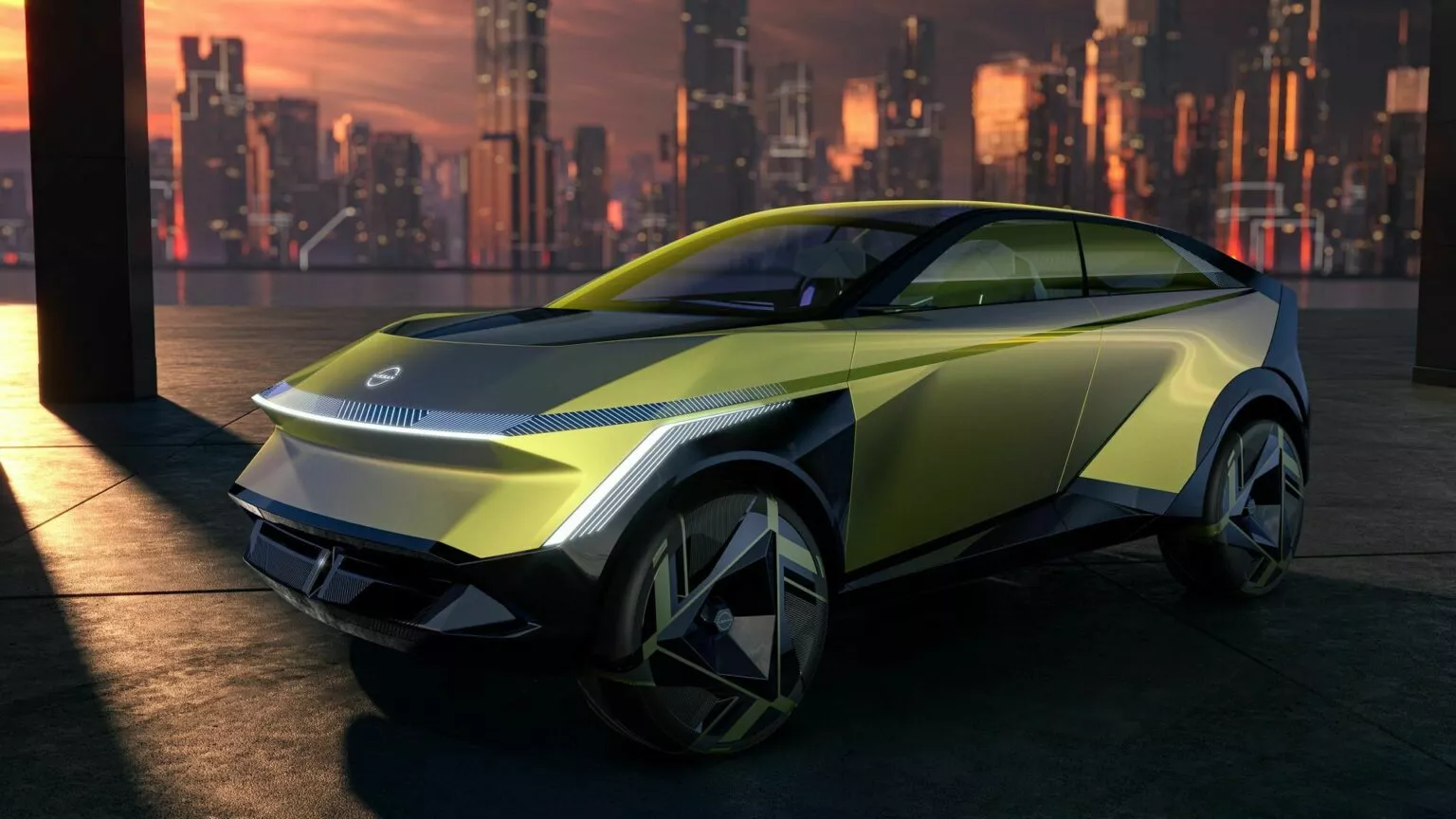Electric vehicle (EV) ownership in the United Kingdom has witnessed a surge in recent years, driven by promises of lower running costs and environmental benefits. However, many EV drivers are now grappling with unexpectedly high insurance expenses, raising concerns about the affordability of electric mobility.
These soaring insurance costs cannot be attributed solely to increased energy prices, which have made charging EVs more expensive than in the past. Rather, the primary issue lies in shocking spikes in insurance premiums, especially for UK-based electric car owners. Some individuals have reported that their insurance premiums have surged more than threefold, while others have struggled to secure coverage after their existing insurers decided to withdraw from insuring EVs altogether.
Numerous UK-based forums, including platforms like Pistonheads and Facebook, are filled with real-life accounts of Tesla owners encountering difficulties in finding reasonably priced insurance coverage. A recent investigation by The Guardian uncovered eye-popping examples of the predicament faced by these EV drivers. One Tesla owner disclosed paying £1,200 ($1,460) to Aviva to insure their Model Y, only to receive a disheartening letter from the insurer as their policy neared expiration, stating that they could not offer coverage for the following year.
Faced with this situation, the driver embarked on a quest for alternative insurance, but at least four well-known insurers or brokers refused to provide a quote. Ultimately, the driver had to settle for a policy from Direct Line, which came with a staggering price tag of £4,500 ($5,500). To make matters worse, the driver opted for monthly payments, incurring additional interest charges, resulting in an overall cost of £5,000 ($6,100). With such exorbitant expenses, the Tesla owner even contemplated terminating their £600-per-month ($730) Model Y lease, but the £8,000 ($9,760) penalty proved even more punitive than the insurance premium.
This insurance predicament is not limited to Tesla owners alone. The Guardian’s investigation also featured a Smart EQ ForFour owner, whose insurer, John Lewis, informed them that they could not offer coverage for another year. John Lewis clarified that it had temporarily suspended EV coverage while evaluating the risks and costs associated with insuring electric cars and SUVs. Despite EVs having fewer moving parts than conventional combustion vehicles, they can be more expensive to repair, contributing to the insurance cost conundrum.
It’s worth noting that rising insurance costs are affecting combustion car owners as well. Data from Confused.com reveals that the average insurance premium for combustion vehicles in the UK has surged by 29 percent. In contrast, EV coverage has witnessed a staggering 72 percent increase. These concerning statistics raise questions about the sustainability of electric mobility, as some drivers may find themselves on the road without insurance due to affordability constraints.
As electric vehicles continue to gain popularity, it becomes imperative for insurance companies to address this issue and work towards bringing premiums down for EV owners in the years to come. Failure to do so could result in a situation where roads are populated by uninsured drivers who cannot afford the cost of coverage, posing potential risks to themselves and others.







